Contact Us
CiiS Lab
Johns Hopkins University
112 Hackerman Hall
3400 N. Charles Street
Baltimore, MD 21218
Directions
Lab Director
Russell Taylor
127 Hackerman Hall
rht@jhu.edu
Last updated: 2014/05/09 23:42
In resource poor third world nations there is a lack of affordable technology for visualization and picture-taking during endoscopy. The standard endoscope imaging tower is extremely expensive and may not be easily purchased. A commercial solution is available for first world countries with the Endoscope-I; however, it is limited to using recent generations of iPhones which have limited screen size that reduces the clinical usefulness of this visualization during endoscopy. In addition, the high cost of video towers and iPhones is a major barrier for wide-spread use, especially outside of first-world nations or in resource poor communities. Thus, our goal is to create an Android-based application and adapter to be compatible with endoscopes in order to address these existing problems.
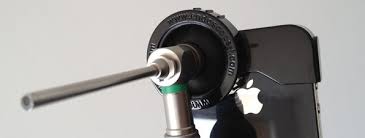 (Photo Courtesy of http://endoscope-i.com/)
(Photo Courtesy of http://endoscope-i.com/)
The lack of a low cost solution for capturing digital images during endoscopy leads to painful, costly, and uncomfortable re-examinations. This is creates a barrier to sharing clinical information regarding the endoscopy, and required additional time for clinicians to see and examine the patients themselves, some of whom may be in emergency situations. In rural communities, this is worsened since specialists such as Otolaryngologists, are not always available. Thus, after a first examination, the patient must return when a physician is available or travel to a neighboring city. The lack of stored digital images also prevents clinicians from easily tracking a patient’s health progress over time.
Additional applications for this technology would be for other surgical specialties that use endoscopes such as urology, obstetrics and gynaecology, gastroenterology, and orthopedic surgery. Having a universal adapter would permit this. Furthermore, having this tablet adapter would enable clinicians to take pictures during endoscopy on the hospital floor and in the Emergency Room even if they do not have iPhones or the standard endoscope imaging tower.
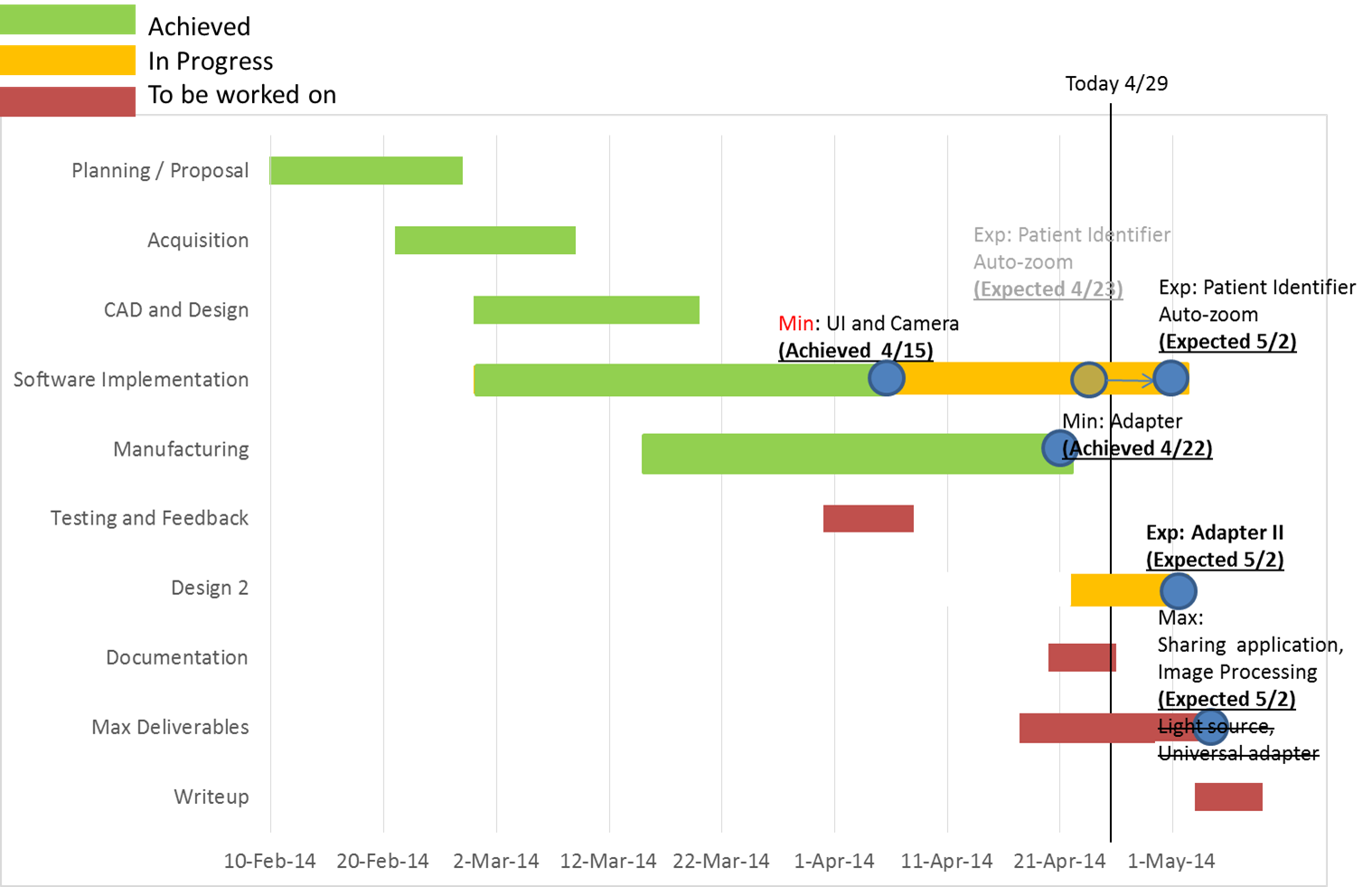
In order to address this problem, we hope to create an application for Android devices using their open source technology for taking high quality pictures and saving, organizing, and transferring the pictures easily and securely. We also seek to create an adapter to attach an external camera directly to the endoscope and stream the video real-time to an Android tablet. It may be necessary to create an optical component of the adapter in order to obtain images of usable quality. We may also need to have a portable light source for using the tablet’s camera with the endoscope. Once we have a working adapter for a single camera, the goal would be to create a more universal adapter to fit any other camera.
GUI Class Diagram: guiclassdiagram.pdf
Standard Endoscope Eyepiece size: 32 mm
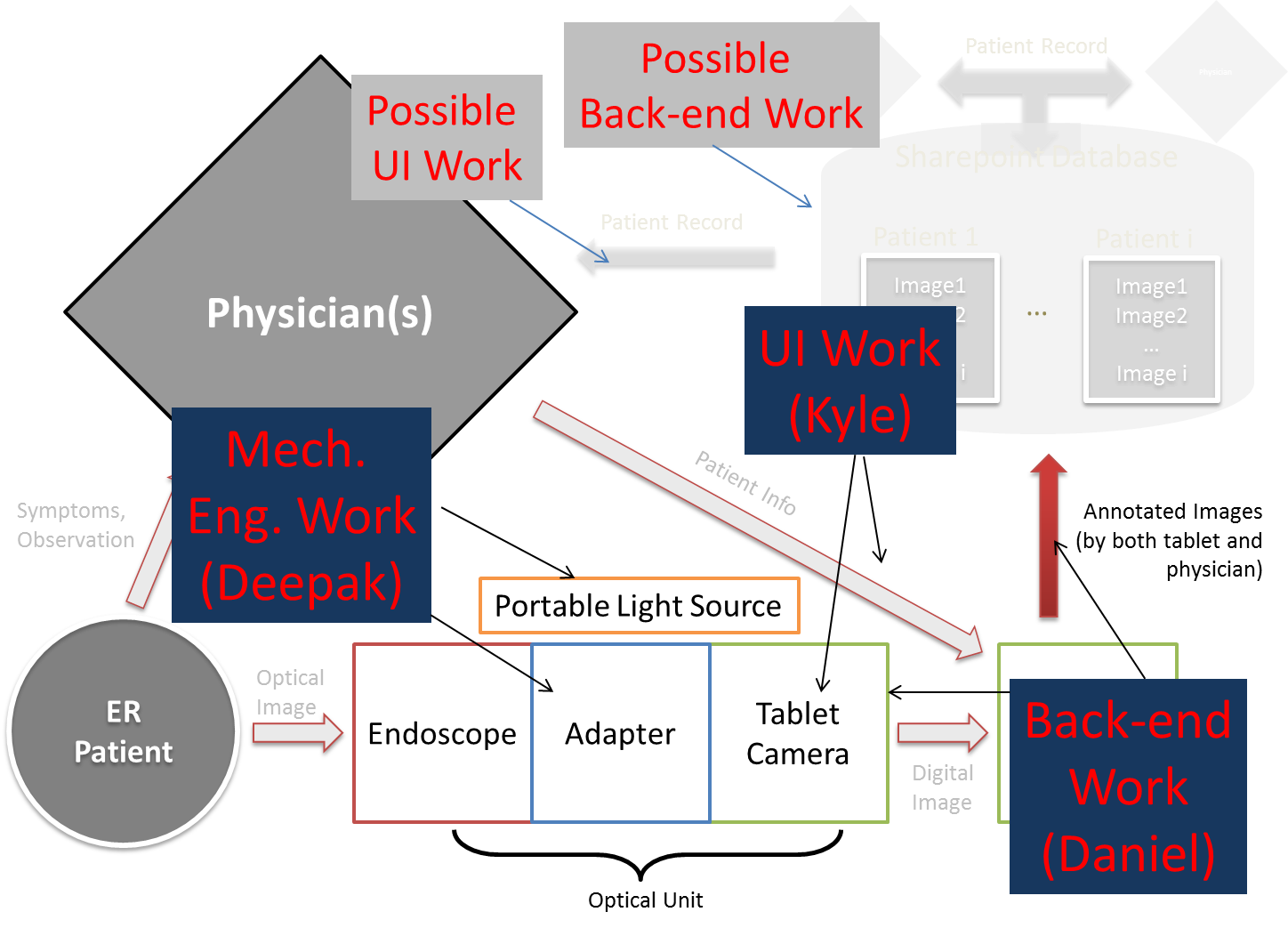
<WRAP center round box 60%>
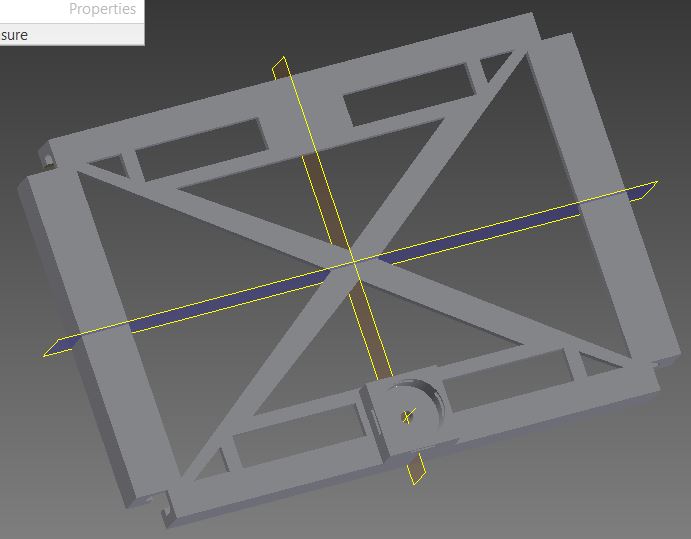
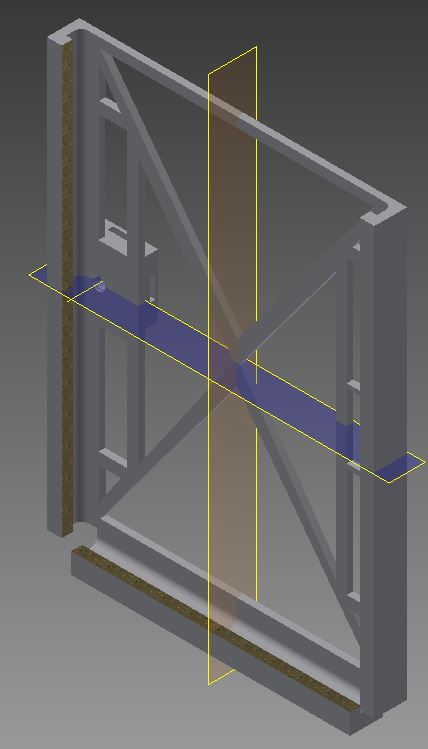 </WRAP>
</WRAP>
<WRAP center round box 60%>
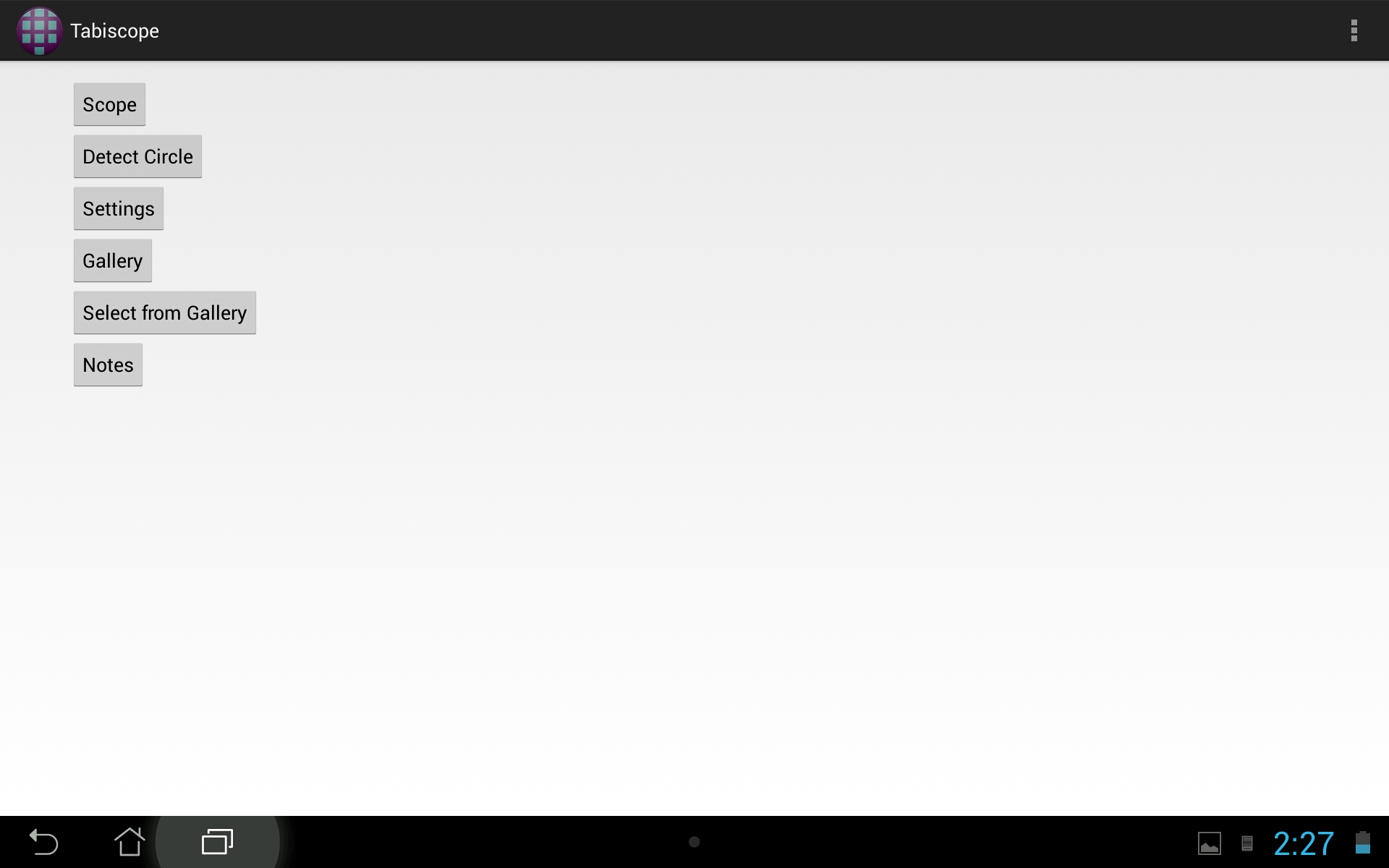
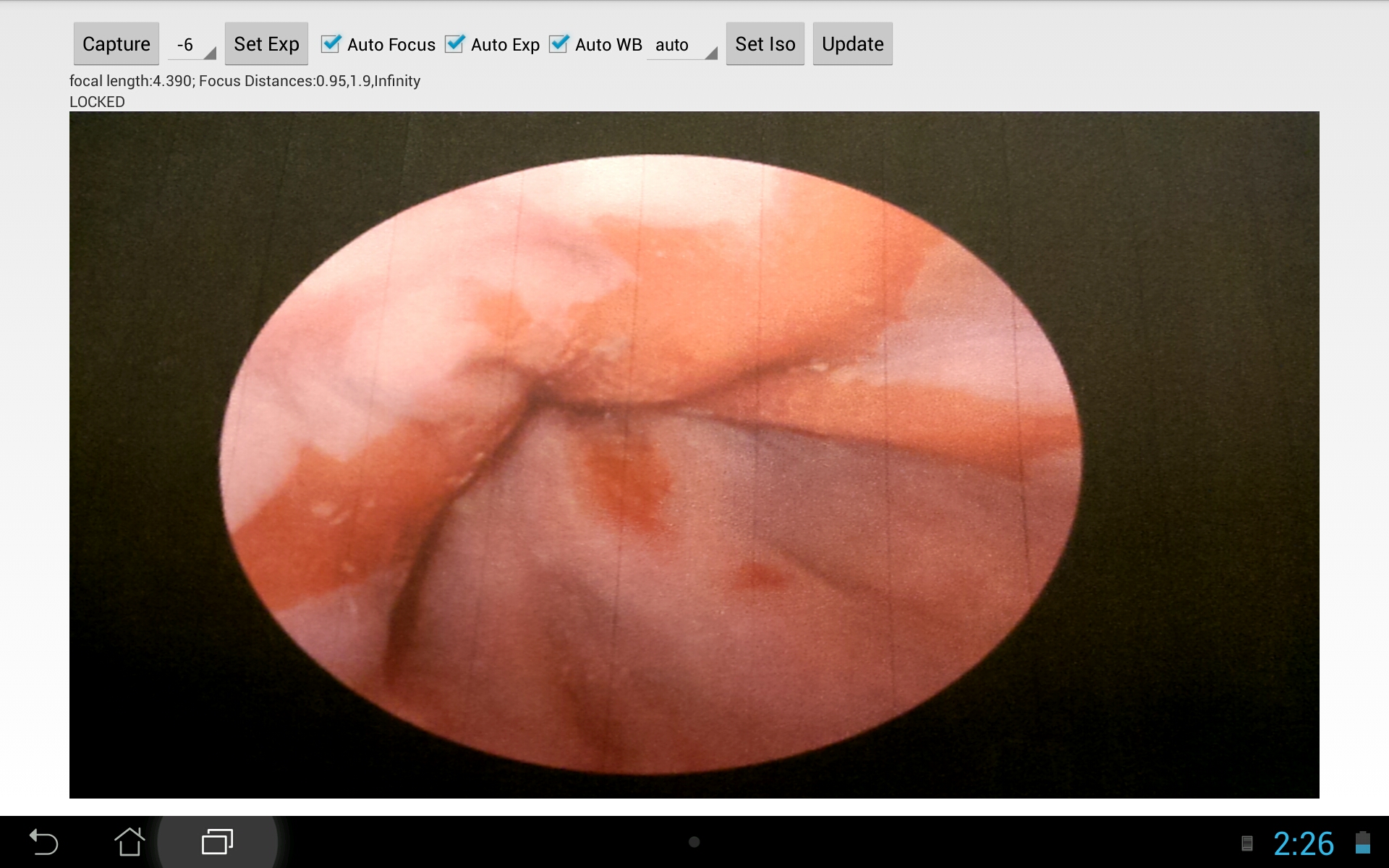 </WRAP>
</WRAP>
<WRAP center round box 60%>
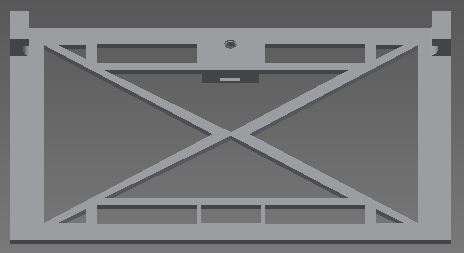
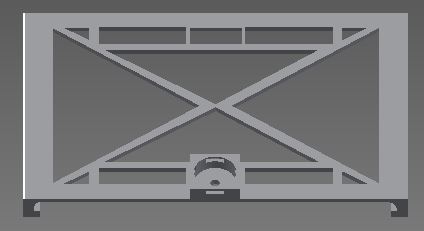 </WRAP>
</WRAP>
<WRAP center round box 60%>
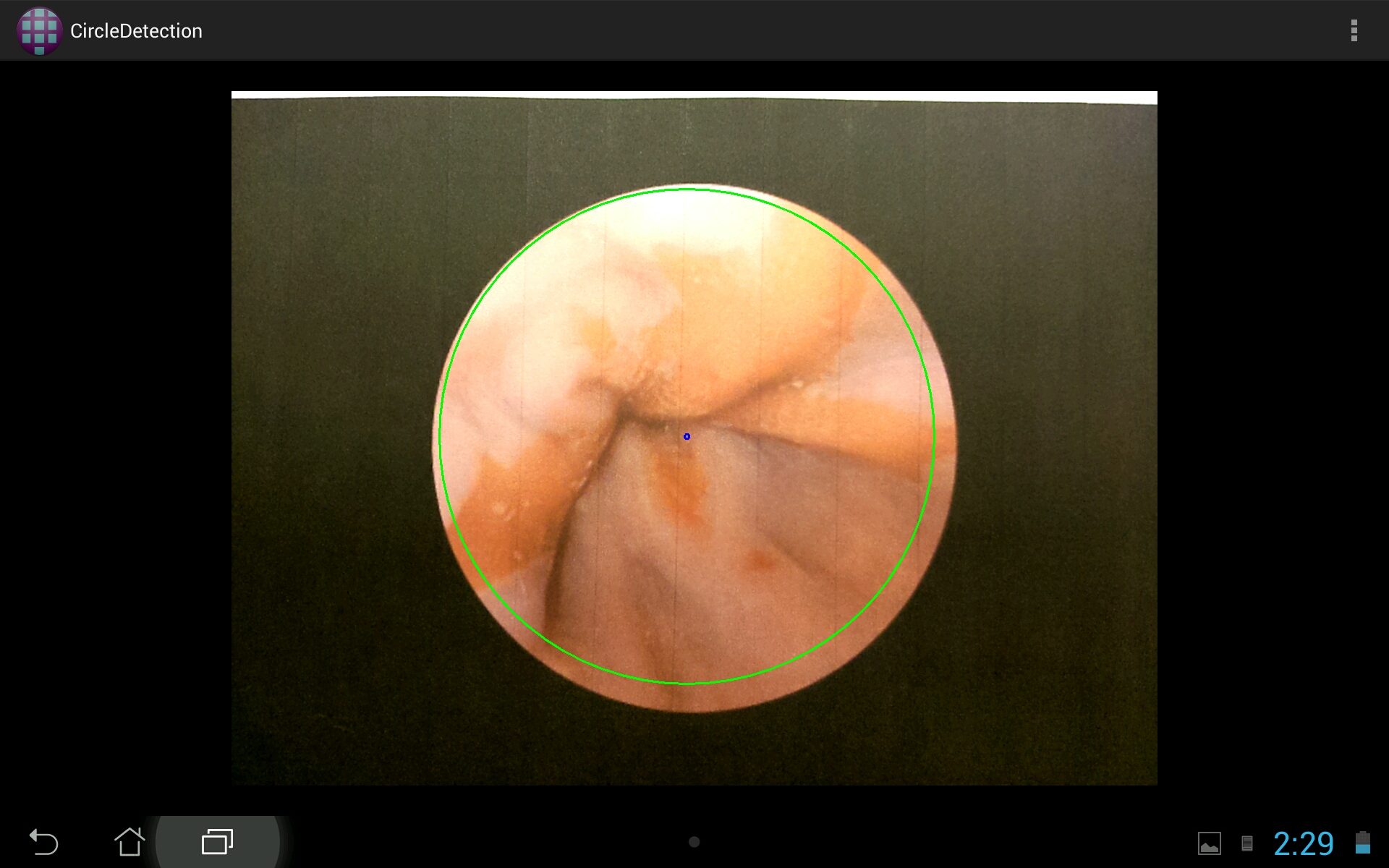 </WRAP>
</WRAP>
GitHub Repository
Contact Daniel Ahn or Kyle Wong for access.
Unfortunately the wiki does not allow CAD file extensions to get uploaded.
Contact Deepak Lingam for files.